
Chukat: The Most Sublime Pleasure
A man has many different types of desires. Sweet enjoyments impress one’s body in illusive pleasures, and bring a certain measure...

The Tent of Torah
In this week’s Parsha, the Torah highlights the cause of the impurity rendered pure by the ashes of the Red Heifer.
“This is the teaching regarding a man who would die in a tent” (Bamidbar 19:14).
The Talmud interprets this homiletically: “Rabbi Shimon ben Lakish said: From where do we know that the words of Torah endure only if one kills himself over them? As it is written: ‘Zot haTorah, this is the Torah – adam ki yamut b’ohel, a man who would die in a tent’ (Ibid.), i.e. a man who kills himself in the tent, in the study halls of Torah, is privileged to master the Torah” (Berachot 63b).
When it comes to Torah study, the secret of success depends on the toil and effort we put into it. When we “kill” all our other desires and aspirations, and strive to learn, we can gain mastery of the Torah.
In a letter to a student, the Chazon Ish describes toiling in Torah study as the most sublime pleasure possible: “Please tell me about your well-being, and of course, true well-being is only in the Torah. A man has many different types of desires. Sweet enjoyments impress one’s body in illusive pleasures, and bring a certain measure of joy, but these pleasures cannot compete with the refined bliss of toiling in Torah study.
“A Jew’s soul is uplifted above the confines of this world and reaches the heavens when it enjoys the radiance of the highest wisdom [i.e. Torah], which is the greatest good a man has under the sun.
“What I ask of you is this: How much have you internalized the fact that all is vanity compared to the Torah? You have the ability to be enlightened in the light of life and take pleasure in the heavenly understanding that delights heart and soul” (Kovetz Iggrot Chazon Ish 9).
No Excuses!
Based on the idea that one must “kill himself” to master Torah, the Chofetz Chaim gave this ingenious piece of advice, clothed in a parable:
A busy merchant worked such long hours that he rarely managed to attend synagogue, let alone find time for Torah study.
As the years passed and his hair turned gray and his strength waned, he began to think about what would be after he leaves this world. How would he be able to give an accounting for his life before the Heavenly tribune?
He decided that the time had come to prepare himself for his eternal rest. From now on, he resolved, he would attend morning services and learn Torah for two hours before opening his business.
When he finally came to the store three hours late, his annoyed wife asked: “Where were you? You know that the store is always full at this hour!”
He avoided giving her a direct answer and mumbled something about being busy with an important matter.
For a number of days he succeeded in keeping to his new schedule while avoiding his wife’s questions.
It wasn’t long, however, before her patience came to an end. The next morning that he was late again, she left the store in the hands of an employee and went out to look for her husband. Shocked to hear that he was sitting and learning in the local synagogue, she dashed over, her anger mounting with each passing moment.
Seeing him through the window, his back bent over the books, meditating over the words of Torah, she burst out: “What do you think you’re doing? Have you lost your mind? The store is full of customers and you’re sitting here, learning away? Look, I don’t care about the profit we’re losing, but how can we drive away faithful customers when there’s so much competition in this business?”
Her husband calmly replied, “Listen, my dear, what would you say if the angel of death came for me one morning and told me that my time has come to leave the world? Could you tell him that there’s no time for such things, the store is full of customers and you need my help to wait on them? Of course not!
“From now on, just consider the hours when I’m out of the store as if the angel of death has taken me away. Would you be terribly upset that I came to life after a few hours and came to help out in the store?”
“The words of Torah endure only if one kills himself over them!” If a man considers himself to be dead to the world while learning Torah, all excuses and problems will disappear (Chofetz Chaim al HaTorah).
No Matter What!
“Rabbi Yochanan said: One should never keep himself away from the study hall and words of Torah, even at the moment of death, as it is written (Bamidbar 19:14): ‘This is the Torah — a man who would die in a tent,’ even at the moment of death one should learn Torah!” (Shabbat 83b).
Throughout the generations, great Torah scholars and ordinary Jews set a shining example of what it means to devote oneself to learning Torah, no matter what the situation.
Despite the heavy bombardment his city suffered during the First World War, the Rogatchover Gaon, Rabbi Yosef Rosen (1858 – 1936), studied assiduously. He once saw a Jew flee the bombing and excitedly ran over to tell him a chiddush, a novel thought in Torah that he had just created!
Many stories abound concerning the self-sacrifice of Torah scholars and ordinary Jews who risked their life to learn in the ghettoes and concentration camps during the Holocaust. They sat in suffocating bunkers and learned by candlelight, literally fulfilling the dictum of learning until the moment of death (Lekach Tov).
On Rabbi Eliezer Yosef Lederberg’s tombstone in Jerusalem, it states that Rabbi Lederberg reviewed the tractates Rosh Hashanah and Beitzah 4,000 times.
Rabbi Lederberg, an ostensibly simple Jew who lived in Batei Warsaw, Jerusalem, was a storekeeper. Every spare moment was spent learning Torah. He once needed to have brain surgery. The doctors informed him that although he needed the surgery to save his life, he might never see again.
“How long can I delay the operation?” he asked the surgeon.
He was told that the maximum was six months. During that time he learned the two tractates, Rosh Hashanah and Beitzah, by heart, so he would be able to review them constantly if he went blind.
The surgery was a success and not only did it save his life, his vision was not affected. He kept reviewing the two tractates wherever he was, until he died in 1954 (My Father, My King, Rabbi Zelig Pliskin, p. 29).
Five-Minute Scholar
Utilizing our time properly leads to results in Torah study. The Chatam Sofer was once asked to explain the secret of his success in Torah. He answered: “I became a Torah scholar in five minutes.” Seeing the astonishment in the eyes of his questioner, he explained: “All those ‘five minutes’ that get wasted here and there I used solely for Torah study!”
Rabbi Reuven Zelig Bengis was the Rav of Jerusalem. He reviewed the Babylonian Talmud 101 times. (If one learns one page a day, as in the Daf HaYomi, it takes seven and half years to complete the Talmud!) In an amazingly quick pace, he actually studied each page four times as he learned it, so in fact during his lifetime he really reviewed the entire Talmud 404 times! He always invited his friends and family to a Siyum, a festive meal he made about every six months on the completion of the Talmud.
One day he invited guests to a special Siyum that was only a short while after the last one, and he served meat instead of the usual fish. The participants asked him what was so special about this Siyum, and how did he finish learning the entire Talmud so quickly? He explained that this Siyum was very precious to him, because he had managed to finish the entire Talmud following a special learning ‘track.’
“Whenever I’m invited to officiate at a wedding or a bris, I always have to wait a number of minutes here and there until the ceremony begins. I started a special track for learning the Talmud during those five or ten minute spots. I’m overjoyed that I was able to complete the entire Shas (Babylonian Talmud) during those ‘spare’ minutes!” (Lekach Tov).
Torah contains God’s infinite wisdom, and its very words elevate us. We can use all those spare minutes — on a commute, waiting in line, and in every situation, to joyfully increase our opportunities to attach ourselves to its eternal light.


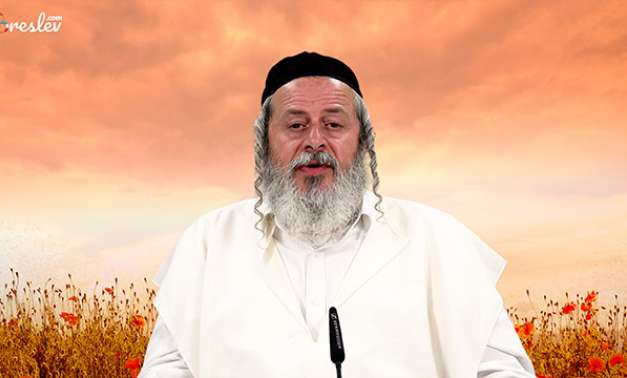

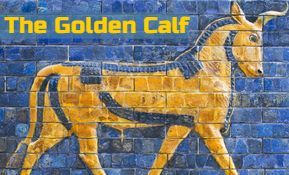

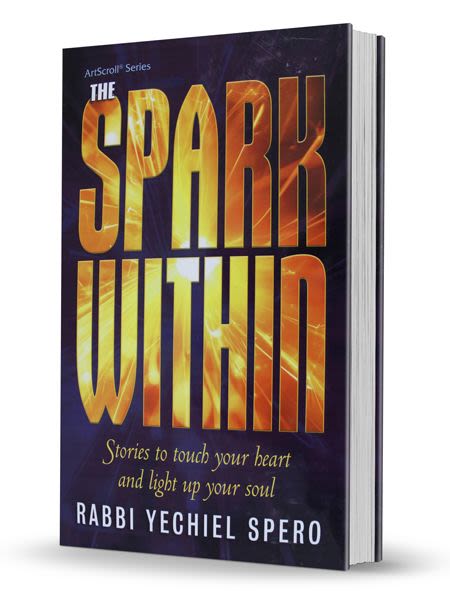

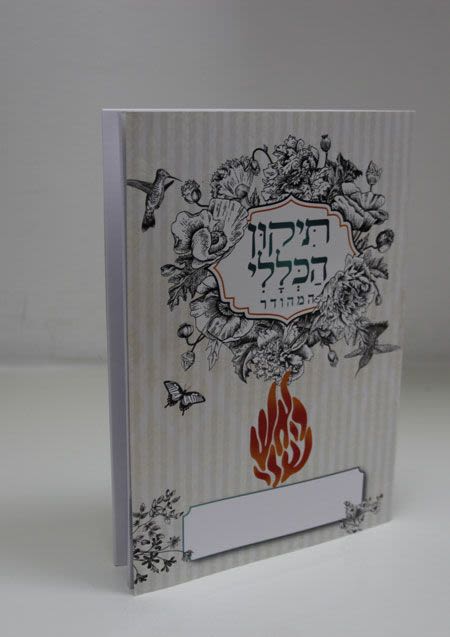

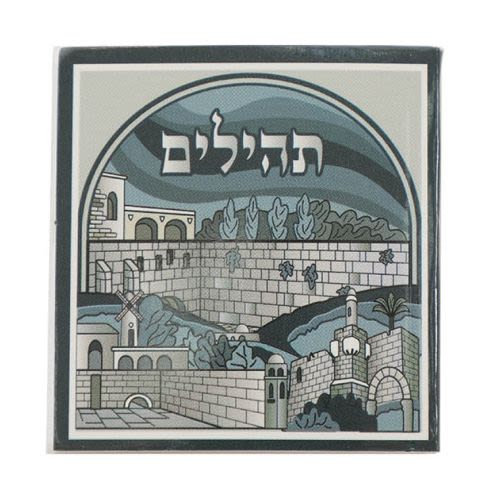

Tell us what you think!
Thank you for your comment!
It will be published after approval by the Editor.